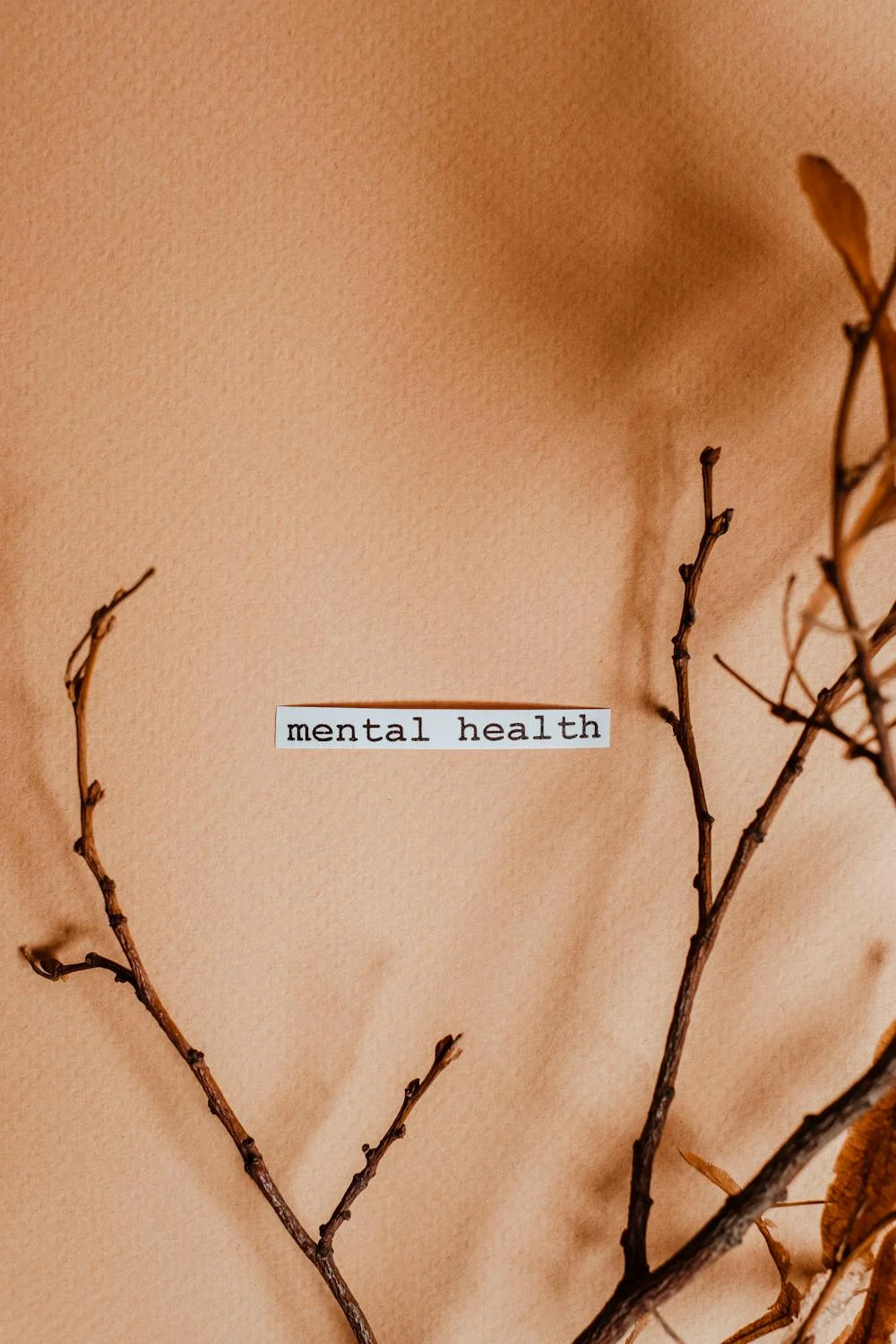
Reclaiming Our Emotions in a World That Stigmatizes Them
I am sure most of us reading this have experienced comments and conversations that stereotype being emotional. Being emotional is wrongly equated with being weak, illogical, or impractical. People who “think from their hearts” are often dismissed as irrational or naive.
And while I absolutely agree that thoughtful decision-making is important, I also find it deeply concerning how far we’ve distanced ourselves from our own emotions.
When Crying Was Easy
I remember being called a “cryer” as a child. It was easy then—I could cry things out and love again, all within the same day. But as an adult, crying feels like a hidden act. I need a separate room to cry now because I no longer feel comfortable expressing vulnerability in public.
Why? Because I fear being shamed for showing pain. I fear judgment because I hardly see people my age openly expressing emotions. Most adults around me appear emotionally unavailable, drained, or too busy to extend empathy. It's as if emotional expression has become a luxury we can’t afford anymore.
Burnout, Patriarchy, and Emotional Scarcity
This widespread emotional disconnect links back to how many of us are raised—within patriarchal cultures that idealize stoicism, especially in men, and shame emotional expression. We grow up learning to suppress rather than express.
Living in a developing country adds another layer to this narrative. We prioritize productivity and money-making, which are often aligned with masculine ideals—assertiveness, control, toughness. And in these systems, emotions, often associated with femininity, are sidelined or dismissed as weakness.
As a result, emotional unavailability isn’t just a “men’s issue.” Women, too, are increasingly disconnected from their emotions as they navigate male-dominated workspaces and societal expectations. We’re all absorbing these ideals, often unconsciously.
The Hidden Toll of Emotional Unavailability
The impact is more profound than we acknowledge. Emotional suppression changes our hormones, shortens life spans, makes relationships feel distant, and contributes to cycles of abuse in society.
The less we acknowledge our own feelings, the harder it becomes to recognize others’. Emotional numbness doesn't make us stronger—it makes us more isolated, reactive, and disconnected from the very experiences that make life rich and meaningful.
Emotions Aren’t the Enemy—They’re a Guide
I’ve started prioritizing my mental health and reconnecting with my emotions. And guess what? It’s helping me make some of the best decisions in my life. Emotions are not a liability; they are data points—powerful guides that help us understand what we value and where our boundaries lie.
Got a friend who’s been with you through thick and thin?
Thank them!
Post a picture with them and tag us on Instagram using:
#iDareMentalHealthBuddies #iDareToPrioritizeMyMentalHealth
Let’s Normalize Feeling Again
It’s time we dismantle the idea that strength means silence. True strength lies in vulnerability, in seeking support, in expressing your truth without shame.
We need to build a culture where crying, feeling, and empathizing are not exceptions—but expectations. Where emotions are not suppressed, but embraced.
Need help reconnecting with yourself?
Reach out to a professional counselor through our ‘Support’ and ‘Engage’ verticals on the app.
We offer affordable, inclusive psycho-legal services designed to create safer, warmer spaces for everyone.
Image Credits: Pexels.com
